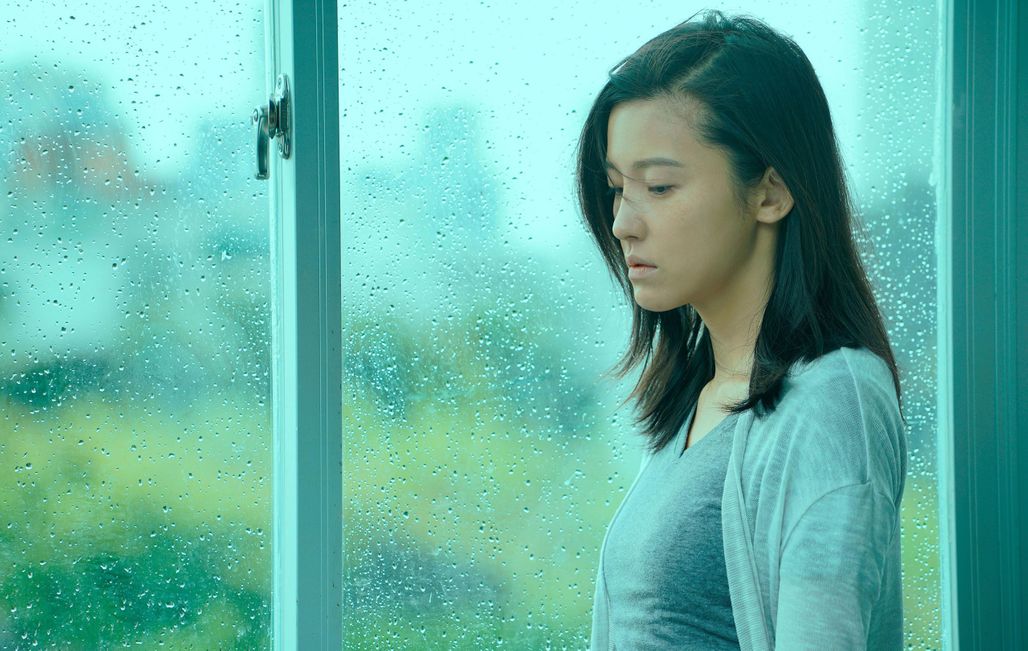
Lu Guo Wei Lai (Walking Past the Future), interview with Li Ruijun

In film after film, Li Ruijiun chronicles life in rural China, torn between progress and tradition in a context of intergenerational conflicts. This young talent from the Chinese independent film community has been selected for the first time in Cannes for Un Certain Regard after having criss-crossed the world's film festivals. His fifth feature film, Lu Guo Wei Lai (Walking Past the Future), tells the story of the young Yaotin, daughter of immigrants, who is ready to try high-risk medical experiments so she can afford to give her parents a more comfortable life.
What inspired you to begin work on Walking Past the Future?
I was inspired by the social issues arising in China in recent years, such as the economic slowdown and the rising price of real estate. The salaries of ordinary citizens stay the same while the cost of living keeps rising. Also, this film is a continuation of my previous films. The Old Donkey is about the poor life of elderly people in a small village in Gansu when their children all leave the village to work in the big city. Fly with the Crane is the story of those elderly people being left in the village and their psychological dilemma. River Road depicts a pair of young brothers who go to the big city in search of their parents after their grandfather has passed away. In the first two films, grandparents and grandchildren are the abandoned and the parents are the absentees. In River Road, the grandparents have passed away and the grandchildren have grown up and are on a quest to find their parents. In Walking Past the Future, the parents (who were missing in the first three films) become the focus. We see how they live with their children as well as their psychological dilemma.
What is your working method and the atmosphere on set?
My practice is to first spend a year or so on scriptwriting, followed by casting according to the script and principal shooting. I also visualize the shooting and editing style while writing the script, so that time and money won’t be wasted during the main photography. I like to have fun with my crew and make sure that they are working on a relaxed set. The whole on-set atmosphere is quite cheerful.
What is it like working with the cast, such as Yang Zishan?
The whole cast has been remarkable. They are experienced top-notch actors, with extensive resumes under their belts. Yang Zishan, for instance, prepared for her role by dieting in order to become the character portrayed in the film. She gradually lost 10kg during the course of shooting.
What did you learn during the making this film?
My wife was giving birth when the principal shooting was underway. My baby was crying all the time, but I was unable to communicate with him through language. So I needed to be patient in order to comfort him. I’ve learned that being patient is the best way to solve problems. This is what my baby taught me.
In my previous films, I tended to use non-professional actors. But this time, I used professional actors. Through working with them, I’ve learned to discover the different aspects of actors and how to explore their unlimited capabilities. It’s all about bonding between the director and the actor. When you trust each other, it will be the start of endless possibilities!
What sources of artistic inspiration have you drawn from in this film?
In the pre-production stage, I like to observe different people on the streets. From their facial expressions, attire and gestures, I can apply their different characteristics to my characters, to make my characters more authentic and distinctive.
What are your views on the state of the film industry in China?
I would like to see more diversity in cinema, to have more cinemas showing artistic films, so that unique films made by auteurs can be seen by larger audiences in the cinemas.


